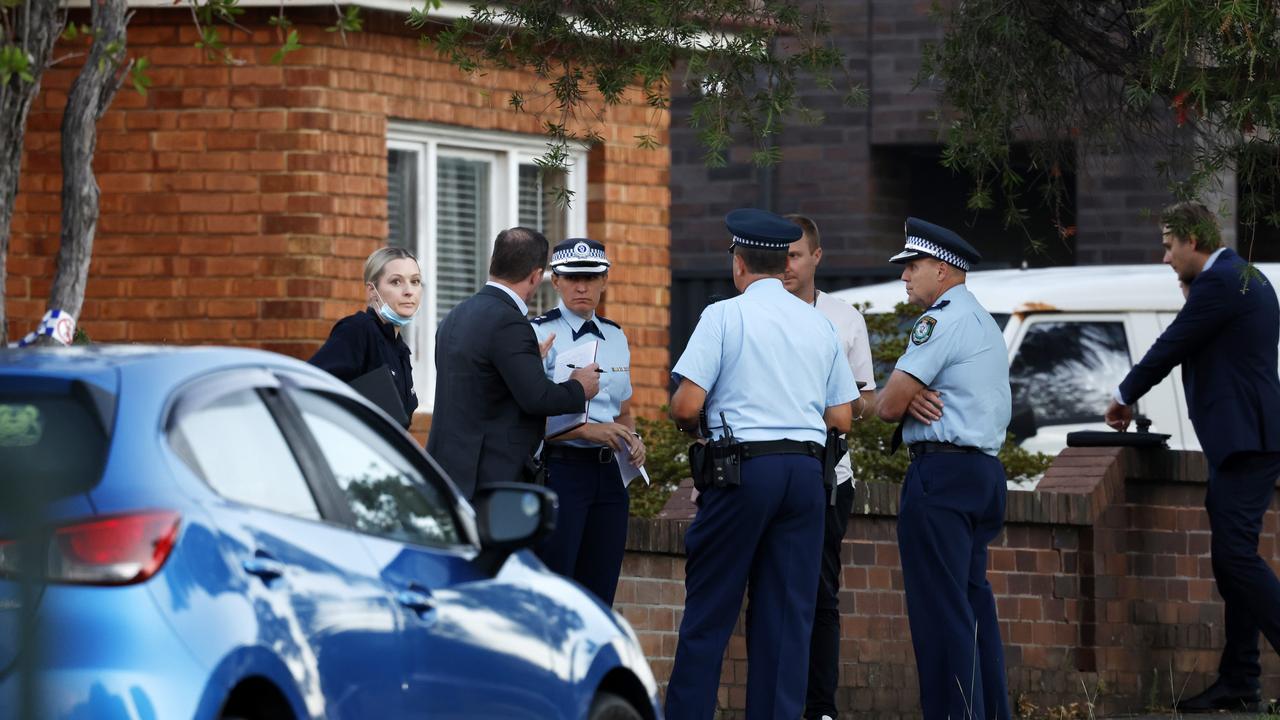Auditor-general slams Games backflips as time ‘wasted’
A review of planning for the 2032 Olympics has found Brisbane squandered the priceless advantage of time.
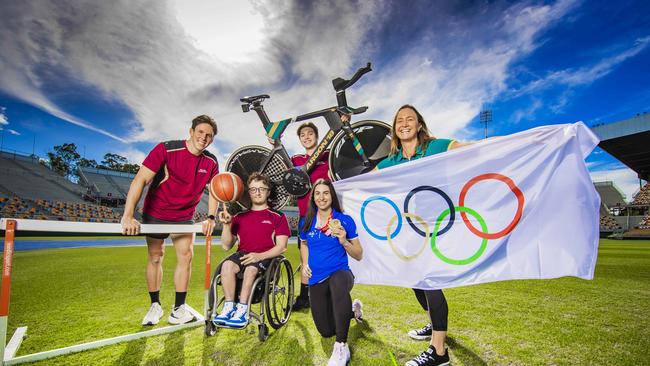
Chopping and changing of governance arrangements for the 2032 Olympics in Brisbane had helped squander years of extra time to plan for the Games, the Queensland auditor-general warns.
The watchdog’s performance review, released on Friday, found that the backflips under former Labor premiers Annastacia Palaszczuk and Steven Miles meant organisers had “not necessarily been able to maximise” the additional four years to prepare.
When Brisbane was awarded the event in 2021, the Queensland government had a runway of 11 years to ready the city for the Olympics, against the seven years typically allowed.
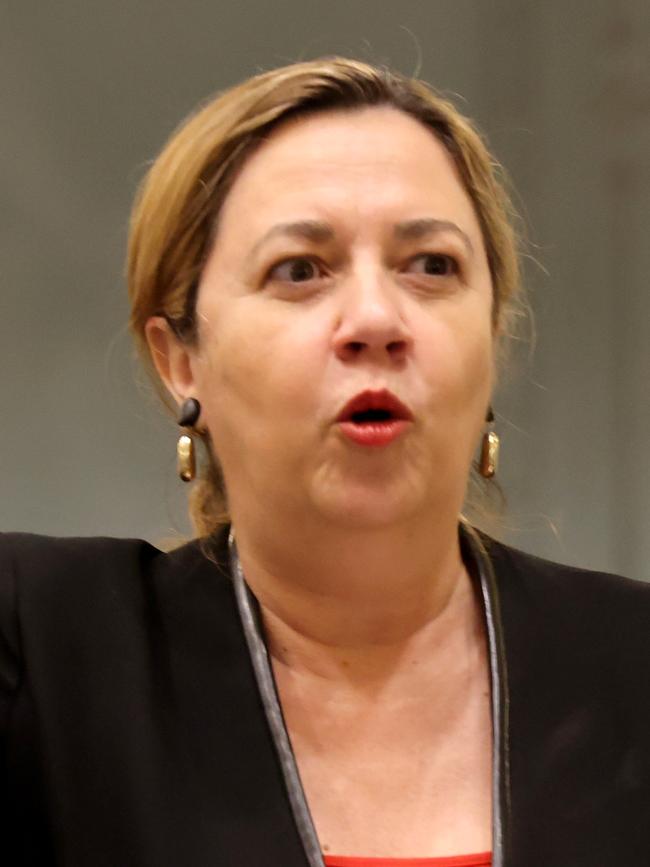
But Ms Palaszczuk tinkered with the Games’ architecture by axing an independent agency to deliver venues and infrastructure, folding its responsibilities into her own department.
Mr Miles reversed this decision on succeeding her last December, and ran out of time to appoint the board and chief executive of the resurrected Games Independent Infrastructure and Coordination Authority before losing last October’s state election to the Liberal National Party, heralding yet another round of changes.
The Queensland Audit Office reported dryly: “The governance arrangements for overseeing the Games have changed over the past three years. This has led to pauses and some changes in planning.
“As a result, entities have not necessarily been able to maximise the additional time they had to plan for the Games. Nevertheless, planning has progressed and is continuing, although some uncertainty remains.”
The report found that $8.5m had been spent over two years to July on scoping a rebuild of Brisbane’s ageing Gabba stadium, initially earmarked by Ms Palaszczuk as the Games’ centrepiece venue.
Mr Miles then ditched the scheme on cost grounds and proposed that the track and field fixtures go to a suburban stadium constructed for the 1982 Commonwealth Games – a decision overturned by new LNP Premier David Crisafulli.
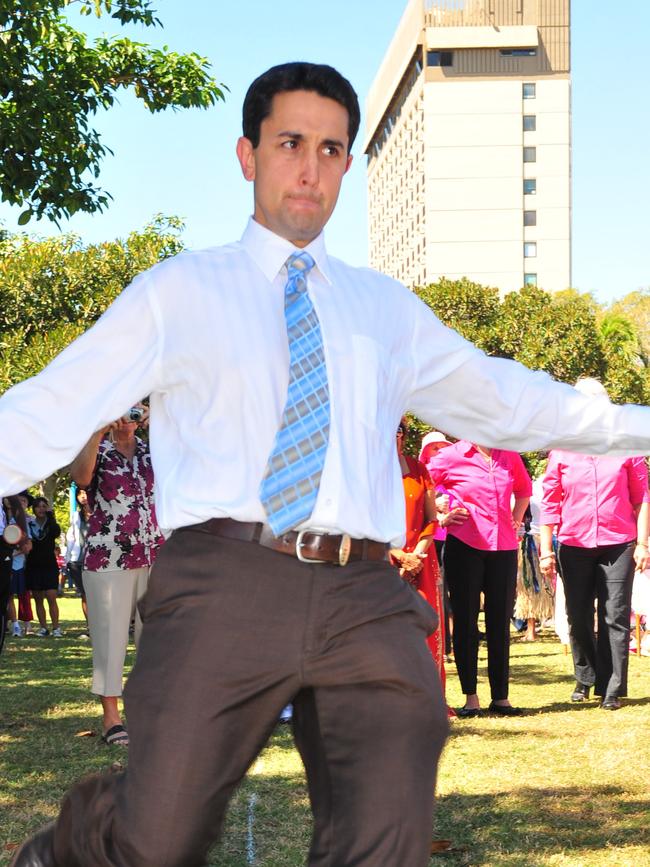
The Audit Office warned its conclusions offered “limited assurance” about the effectiveness of Games planning to date.
It expressed concern there was no consolidated budget to capture all Games costs, increasing the risk of blowouts.
Currently, the Brisbane 2032 Organising Committee had an operating budget of $4.9bn to stage the Games, which would be fully offset by earnings from the broadcast rights, ticket sales, sponsorships and other commercial activities.
Venues were covered by a separate $7.1bn funding deal between the state and federal governments, while big ticket transport and infrastructure upgrades fell under other capital works programs.
“Greater clarity” was needed on what was to be in or out of the Games costings.
“The known budgets need to be consolidated,” the Audit Office found.
And the state Department of Sport, Racing and Olympic and Paralympic Games in the LNP government had to specify “what will be included and excluded from the total budget so it can begin accurately tracking the total spend on the Games.”
The report said time, which was not crucial when there had been 11 years to prepare, would increasingly become a factor as an “immovable deadline” loomed in the countdown to 2032.
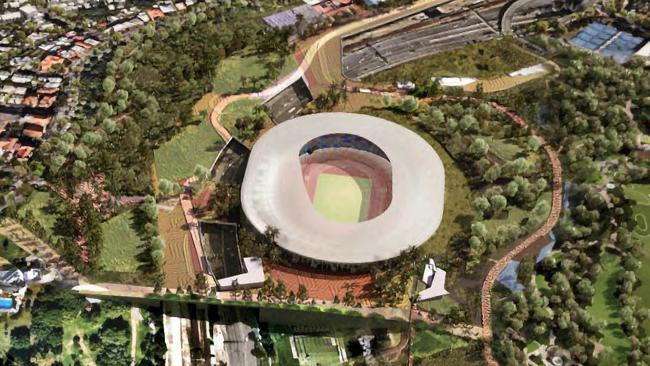
But the decision on the main stadium – essentially a choice between returning to the Gabba option or building a new venue that Mr Crisafulli is on record as opposing – won’t be made until March next year, when a 100-day review ordered by the Premier is due to deliver its recommendations. This masthead has separately reported that it generally takes six years to plan and build a major stadium, pushing the likely completion date to within 12 months of the Games.
The independent agencies and government departments concerned needed “to fully embed the governance arrangements and further progress project planning and budgeting practices,” the Audit Office found.
This meant their roles, accountability and reporting lines had to be clearly defined by the LNP government.
More work was required on a financial risk management program, including the development of a register identifying operational and delivery risks, their likelihood and impact.
In a response to state Auditor-General Rachel Vagg attached to the report, Department of State Development director-general John Sosso welcomed the review.
The recommendations … have been noted, and the department will work with Games partners, as required, to assist with implementation activities to ensure effective governance arrangements and planning to enable the successful delivery of the Games,” Mr Sosso said.




